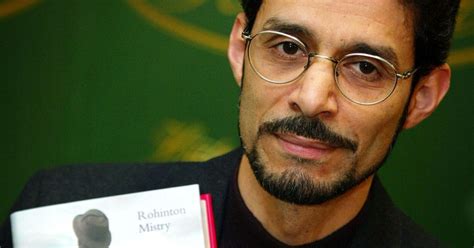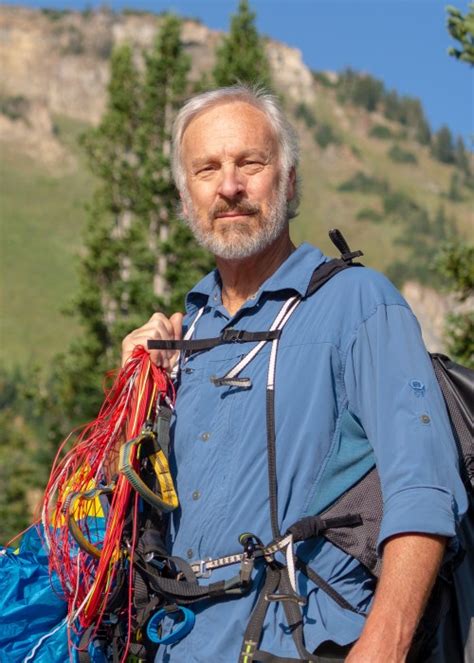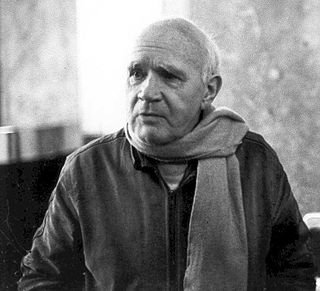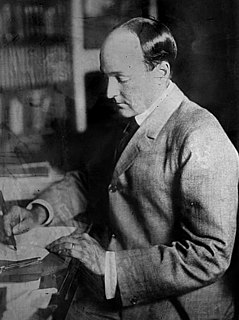A Quote by Rohinton Mistry
Birth and death - what could be more monstrous than that? We like to deceive ourselves and call it wondrous and beautiful and majestic, but it's freakish, let's face it.
Related Quotes
There is to me about this place a smell of rot, the smell of rot that ripe fruit makes. Nowhere, ever, have the hideous mechanics of birth and copulation and death -those monstrous upheavals of life that the Greeks call miasma, defilement- been so brutal or been painted up to look so pretty; have so many people put so much faith in lies and mutability and death death death.
We need to stop comparing ourselves to others, and stop patting ourselves on the back for attaining artificial measurements of spirituality. We need to take care that we do not think we are something we are not, or else we may deceive ourselves, setting ourselves up for rebuke in the future when we see Christ face to face
Birth leads to death, death precedes birth. So if you want to see life as it really is, it is rounded on both the sides by death. Death is the beginning and death is again the end, and life is just the illusion in between. You feel alive between two deaths; the passage joining one death to another you call life. Buddha says this is not life. This life is dukkha - misery. This life is death.
People like ourselves may see nothing wondrous in writing, but our anthropologists know how strange and magical it appears to a purely oral people - a conversation with no one and yet with everyone. What could be stranger than the silence one encounters when addressing a question to a text? What could be more metaphysically puzzling than addressing an unseen audience, as every writer of books must do? And correcting oneself because one knows that an unknown reader will disapprove or misunderstand?
The wrinkled man in the wheelchair with the legs wrapped, the girl with her face punctured deep with the teeth marks of a dog, the mess of the world, and I see - this, all this, is what the French call d'un beau affreux, what the Germans call hubsch-hasslich - the ugly-beautiful. That which is perceived as ugly transfigures into beautiful. What the postimpressionist painter Paul Gauguin expressed as 'Le laid peut etre beau' - The ugly can be beautiful. The dark can give birth to life; suffering can deliver grace.
When one existentially awakens from within, the relation of birth-and-death is not seen as a sequential change from the former to the latter. Rather, living as it is, is no more than dying, and at the same time there is no living separate from dying. This means that life itself is death and death itself is life. That is, we do not shift sequentially from birth to death, but undergo living-dying in each and every moment.
All death in nature is birth, and at the moment of death appears visibly the rising of life. There is no dying principle in nature, for nature throughout is unmixed life, which, concealed behind the old, begins again and develops itself. Death as well as birth is simply in itself, in order to present itself ever more brightly and more like to itself.






































